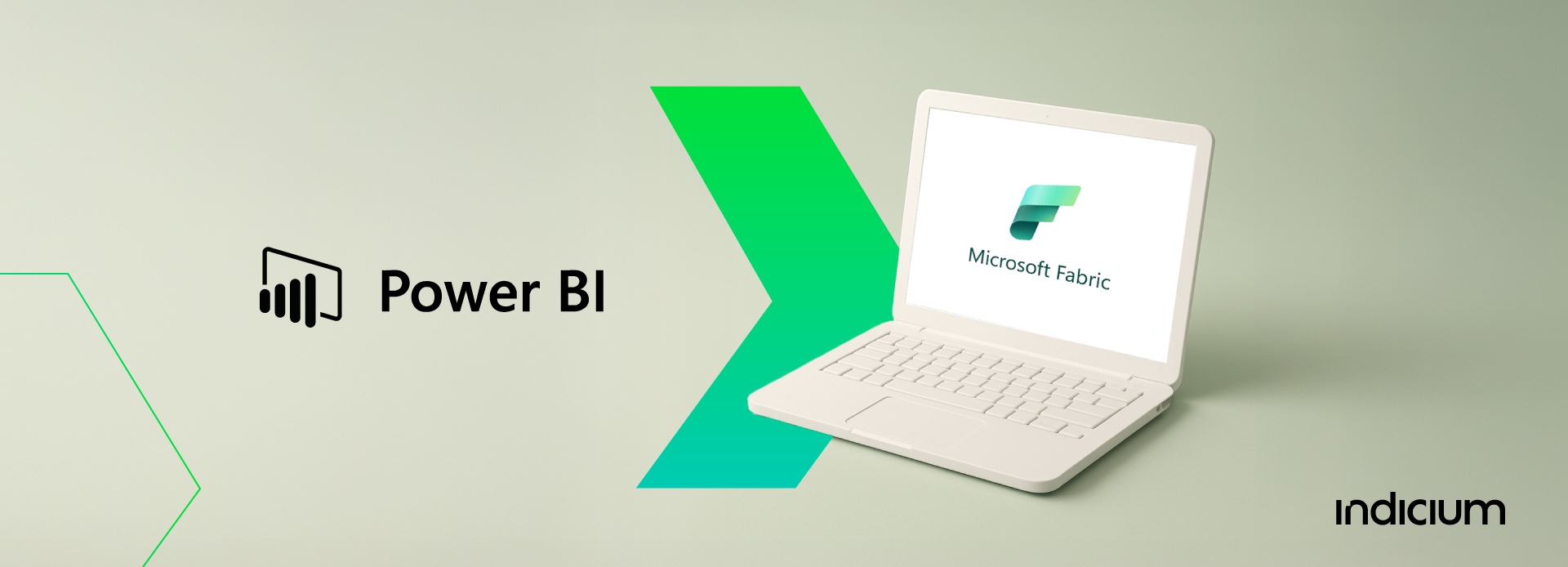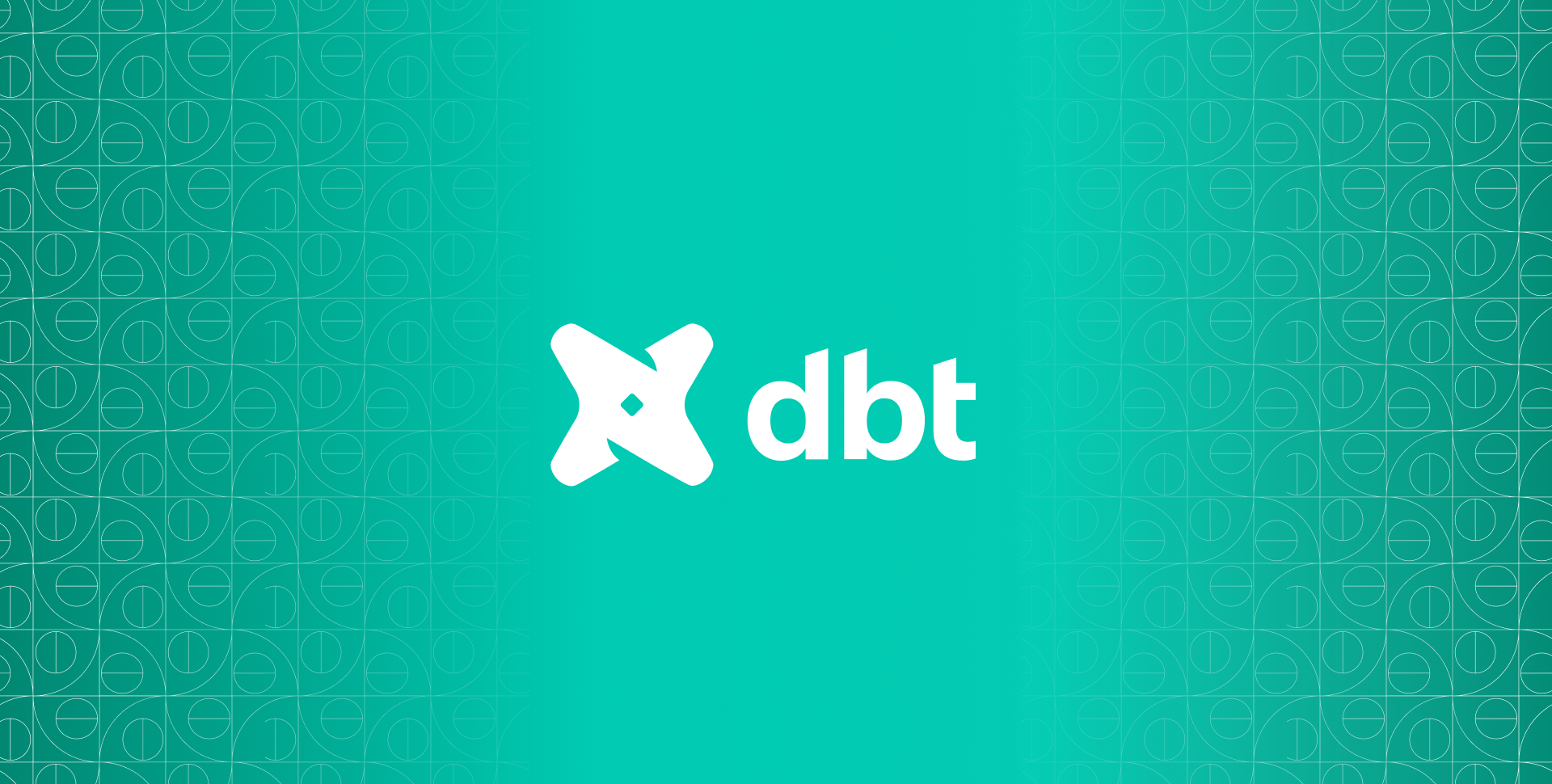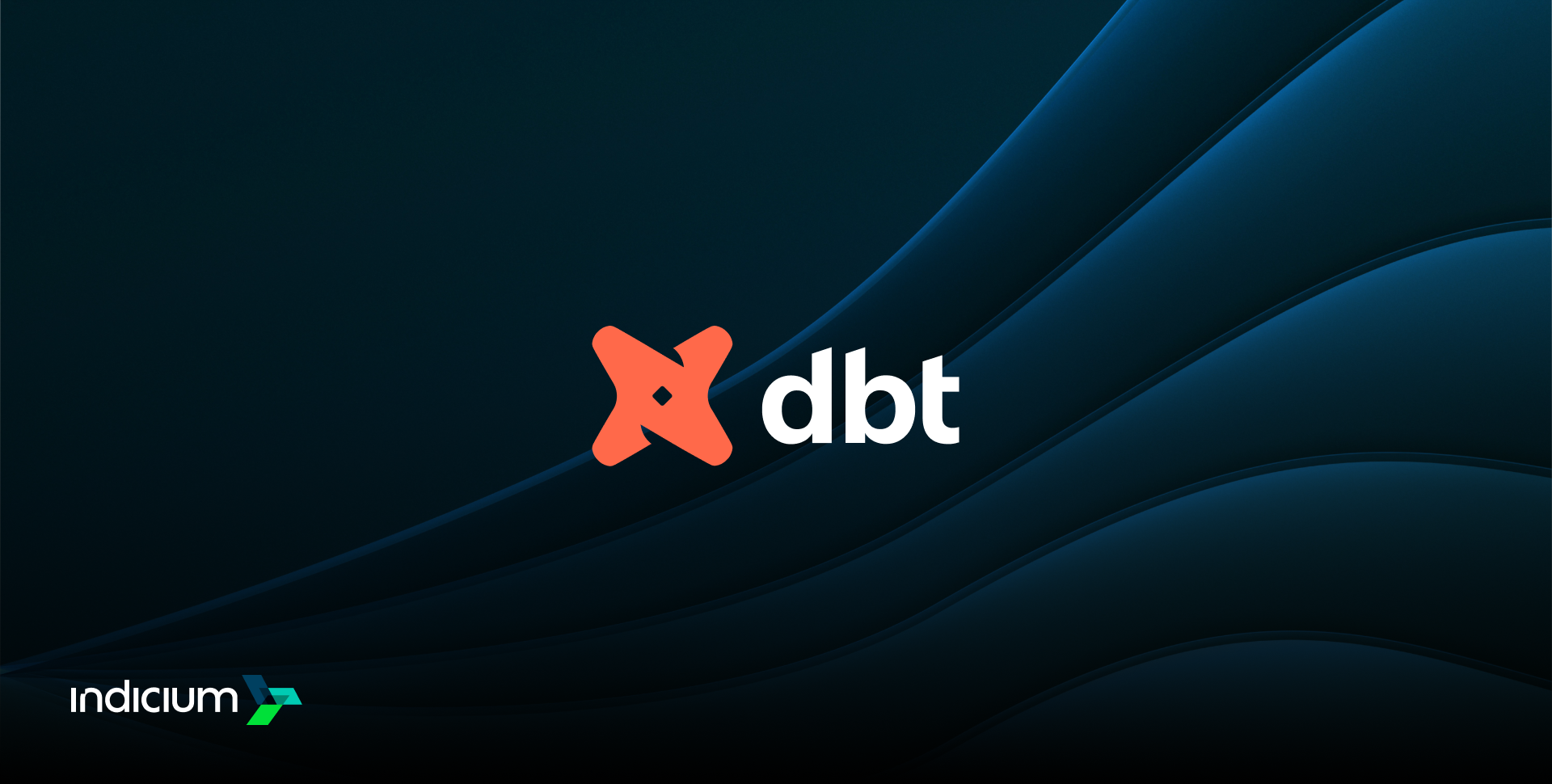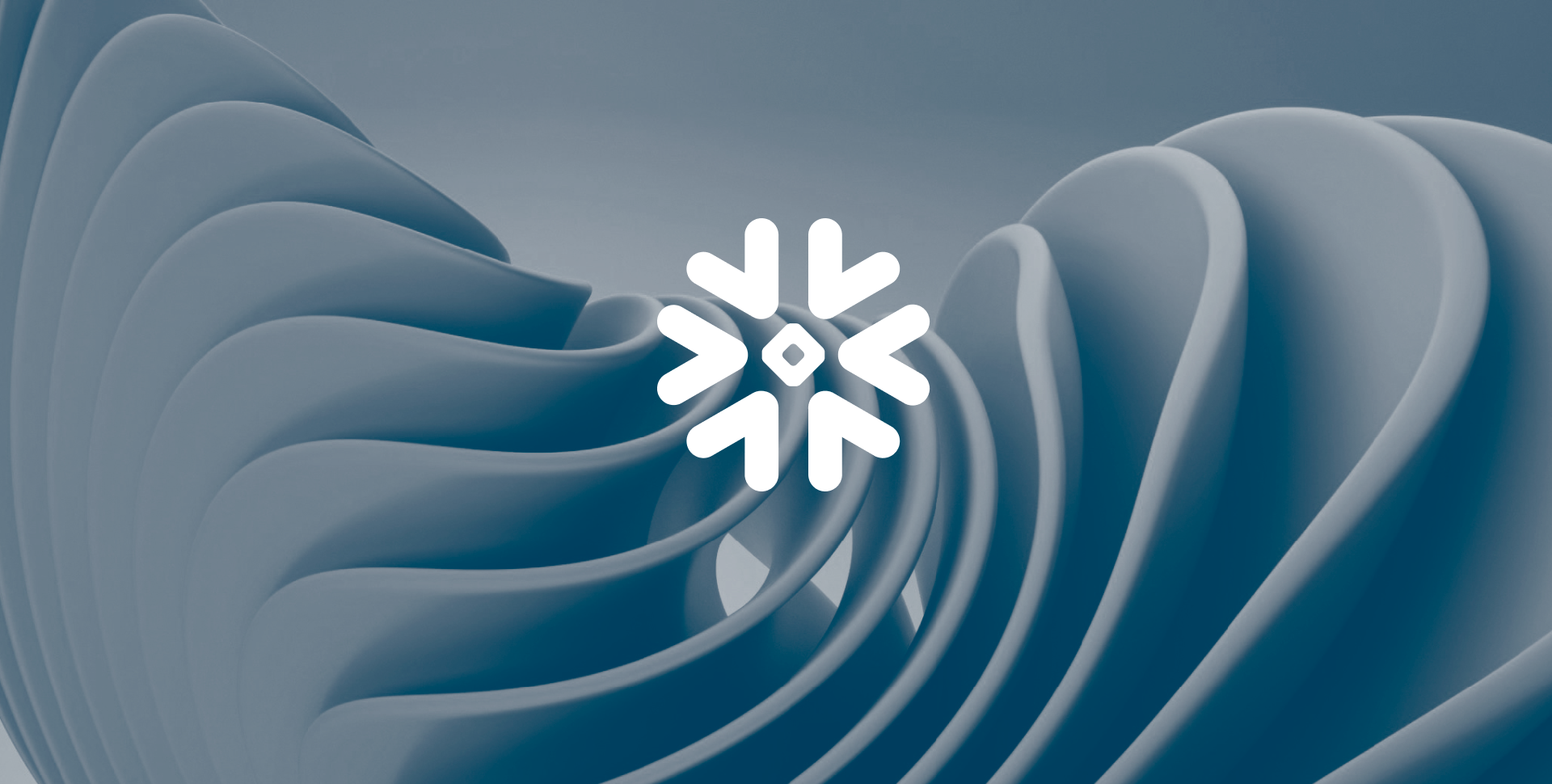
Migration from Power BI Premium to Microsoft Fabric: What Actually Changes?
-
 Written by
Written by -
CategoryData & AI Strategy
-
Published DateApril 17, 2025
Microsoft is merging Power BI Premium Per Capacity into Microsoft Fabric, a unified platform that promises more integration and broader capabilities for enterprise data. If your company currently uses Power BI Premium, it’s critical to understand how this transition to Microsoft Fabric will impact your costs and infrastructure.
As of January 1st, 2025, new Power BI Premium capacity (P-SKU) purchases are no longer available for customers with new or renewed Enterprise or Microsoft Cloud Agreements. Fabric now becomes a unified platform as it consolidates all Power BI Premium capabilities and significantly expands on them.
Pricing: A New Perspective Over Costs
One of the most important changes is in the pricing structure. Power BI Premium traditionally required an annual commitment. Microsoft Fabric introduces flexibility with both pay-as-you-go and reserved pricing models. Through reserved pricing, you commit annually to Fabric Capacity Units (F-SKUs) and spend up to 40.5% less than on-demand pricing. It also provides flexibility across SKU sizes, which means your discount can apply across other capacities within the same scope.
This new pricing structure adapts more easily to organizational needs. During periods of low demand, pay-as-you-go may be more cost-effective, while reservation delivers predictable costs for ongoing workloads. Unlike with Power BI Premium, you’ll have to acquire Fabric capacities through Azure, which may change how you track and allocate your costs. However, prices have generally increased due to the broader set of solutions Fabric offers compared to classic Power BI.
Modernize & Scale Infrastructure: A Whole New World of Possibilities
Migrating to Fabric is a strategic opportunity to modernize and scale your data foundation. Microsoft Fabric is an end-to-end analytics platform that unifies data movement, ingestion, transformation, processing, and reporting. It combines components from Power BI, Azure Synapse Analytics, and Azure Data Factory into a single environment.
After migration, your company will access a whole set of dedicated workloads for different roles, such as Data Engineering, Data Factory, Data Science, Data Warehousing, and Real-Time Intelligence, all within a single platform. This guarantees a more consistent data management strategy, minimizes complexity, enhances data governance, and streamlines workflows.
Fabric also introduces OneLake, a unified data lake that simplifies data management and access across your organization. It eliminates silos while simplifying data discovery and sharing. Fabric capacity customers benefit from exclusive Azure features like trusted workspace access and Managed Private Endpoints, critical for secure, private data connectivity. Even better, Fabric costs can count toward your Microsoft Azure Consumption Commitment (MACC).
Flexibility & New Functionalities: Go Beyond Power BI
Fabric brings significantly more flexibility than Power BI Premium. You can dynamically scale resources through the pay-as-you-go model, and smaller compute SKUs now start at a lower tier than Power BI Premium P1. This creates new cost optimization options and supports various workloads. Still, some advanced features remain tied to the P1-equivalent capacity level, now named F64.
Beyond the familiar Power BI functionalities, Fabric introduces built-in artificial intelligence (AI) capabilities. This includes Copilot, which provides intelligent suggestions and task automation, while Azure AI Studio integration accelerates the development and deployment of ML models. These innovations position Fabric as a future-ready platform for data analytics and AI integration.
Overcome Complexity: Leverage Our Expertise
Migrating from an established Power BI Premium environment to a new platform like Fabric can feel complex. Without a dedicated, prepared internal team, managing the transition and optimizing costs is challenging. Many teams hesitate to lead the migration alone. That’s where Indicium steps in.
Don’t let migration complexity slow you down. Let’s create a cost-efficient, resource-optimized plan for your move to Fabric. Our experts will guide you through the transition, ensuring you unlock the full potential of this powerful platform. Leverage our expertise to modernize your data infrastructure and maximize your investment.
About Indicium
Ana Garcia is the Data Analytics Manager at Indicium. She leads the internal data team to build and maintain the data platform and deliver data products that support decision-making.
Viviane Cechetti is the Data Analytics Tech Lead at Indicium, with a background in civil engineering. She applies her technical expertise to optimize data processes and deliver effective data solutions.
Stay Connected
Get the latest updates and news delivered straight to your inbox.




